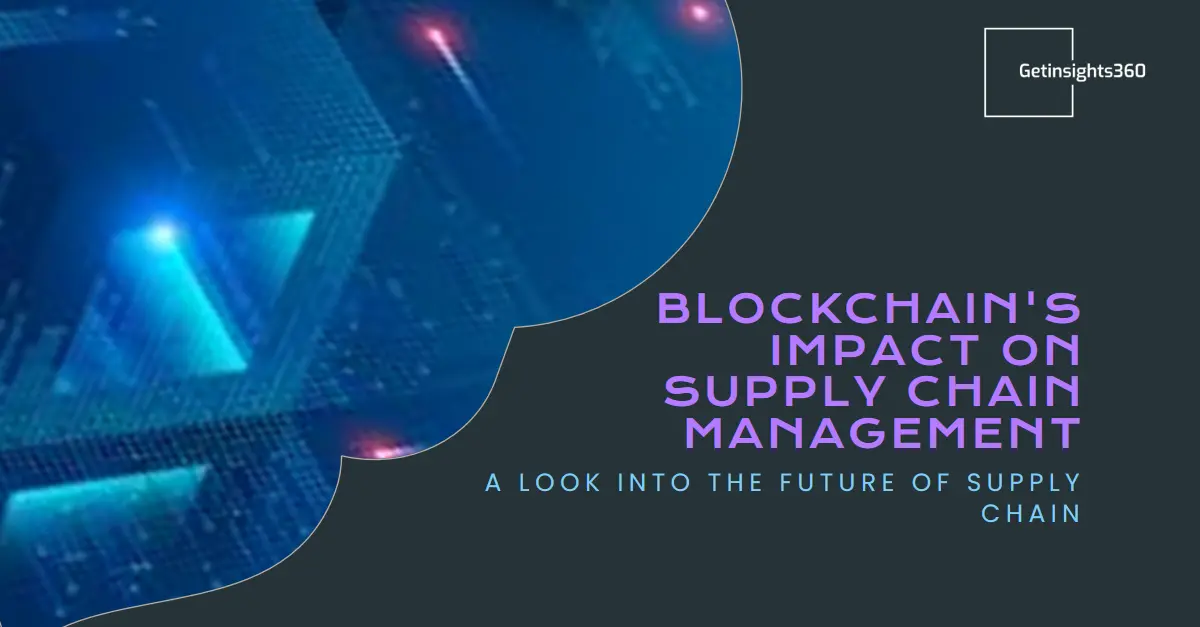In the rapidly evolving landscape of supply chain management, the integration of blockchain technology has emerged as a game-changer. As we venture into 2024, the significance of blockchain applications in reshaping supply chains has become more pronounced than ever. Let’s explore the top trends and applications that are driving this transformative shift.
1. Transparency and Traceability
Blockchain’s ability to create an immutable and transparent ledger is revolutionizing the way we track and trace products within the supply chain. In 2024, this technology is set to enhance accountability by providing stakeholders with real-time, secure, and tamper-proof information about the movement and origin of goods. From raw materials to the end consumer, every step in the supply chain becomes visible and traceable, mitigating the risk of fraud and ensuring authenticity.
2. Smart Contracts Streamlining Processes
Smart contracts, self-executing agreements with the terms of the contract written directly into code, are gaining momentum in supply chain management. In 2024, these contracts are expected to streamline and automate various processes, reducing the need for intermediaries and enhancing efficiency. Smart contracts can automate tasks such as payments, compliance verification, and order processing, leading to faster and more cost-effective supply chain operations.
3. Enhanced Security and Counterfeit Prevention
Security is a paramount concern in supply chain management, and blockchain offers a robust solution. In 2024, we anticipate a surge in blockchain applications that secure sensitive data and prevent counterfeiting. By utilizing blockchain’s decentralized and encrypted nature, businesses can safeguard their supply chain data, ensuring that only authorized parties have access. This enhanced security is particularly crucial in industries where counterfeit goods pose a significant threat.
4. Real-time Inventory Management
Blockchain’s real-time tracking capabilities extend to inventory management, providing businesses with instant visibility into stock levels and movements. This not only helps in minimizing stockouts and overstock situations but also optimizes the entire supply chain. In 2024, we can expect more businesses to adopt blockchain-based systems for inventory management, leading to a more responsive and agile supply chain.
5. Improved Collaboration in the Ecosystem
Collaboration is at the heart of a successful supply chain, and blockchain facilitates seamless cooperation among various stakeholders. Through decentralized and shared ledgers, all parties involved in the supply chain, from manufacturers to distributors to retailers, can access a single version of the truth. This fosters trust, reduces disputes, and improves overall collaboration. In 2024, blockchain is set to further enhance the interconnectedness of supply chain ecosystems.
The Future of Blockchain in Supply Chain Management
Looking ahead to the future, the trajectory of blockchain in supply chain management seems poised for even greater advancements. As we navigate through 2024 and beyond, several key trends and possibilities are shaping the landscape of supply chain innovation.
Integration of IoT and Blockchain
One of the exciting prospects on the horizon is the seamless integration of the Internet of Things (IoT) with blockchain technology. This integration will enable a more comprehensive and real-time monitoring of goods as they traverse the supply chain. Smart devices and sensors will communicate directly with the blockchain, providing an additional layer of data accuracy and enabling a more responsive supply chain.
Sustainability and Ethical Sourcing
In the future, blockchain is expected to play a pivotal role in addressing concerns related to sustainability and ethical sourcing. As consumers become more conscious of the origins and environmental impact of products, blockchain can provide an immutable record of a product’s journey. This transparency can empower consumers to make informed choices, driving businesses towards more sustainable and ethical practices.
Decentralized Autonomous Organizations (DAOs)
Decentralized Autonomous Organizations (DAOs) represent a novel concept where decision-making processes within the supply chain become decentralized and automated. In the future, DAOs could streamline governance, enabling quicker and more efficient decision-making. This decentralized approach not only reduces bureaucracy but also enhances the overall agility of the supply chain.
Interoperability for Seamless Collaboration
The future of blockchain in supply chain management envisions enhanced interoperability among different blockchain platforms. This interoperability will facilitate smoother collaboration between diverse stakeholders, breaking down silos and creating a more interconnected and efficient supply chain network. Businesses will be able to seamlessly share data and collaborate with partners on different blockchain networks.
Continued Emphasis on Data Privacy
As data privacy becomes an increasingly critical concern, the future of blockchain will likely see advancements in privacy-focused solutions. Techniques like zero-knowledge proofs and privacy-focused consensus mechanisms will be explored to ensure that sensitive information remains secure while still benefiting from the transparency and traceability offered by blockchain.
Evolving Regulatory Landscape
In the future, as blockchain becomes more ingrained in supply chain processes, regulatory bodies are likely to adapt and establish frameworks to govern its usage. A clearer regulatory landscape can provide businesses with the confidence to invest in and adopt blockchain solutions, further accelerating its integration into mainstream supply chain practices.
Conclusion
As we step into 2024, the top blockchain applications in supply chain management are poised to reshape the industry fundamentally. From transparency and traceability to smart contracts and enhanced security, the potential benefits are vast. Businesses that embrace these blockchain solutions for business are not only adapting to the current technological landscape but are also positioning themselves for a more resilient and efficient future in supply chain management. The journey has just begun, and the transformative power of blockchain continues to unfold, promising a new era of innovation in the supply chain domain.
